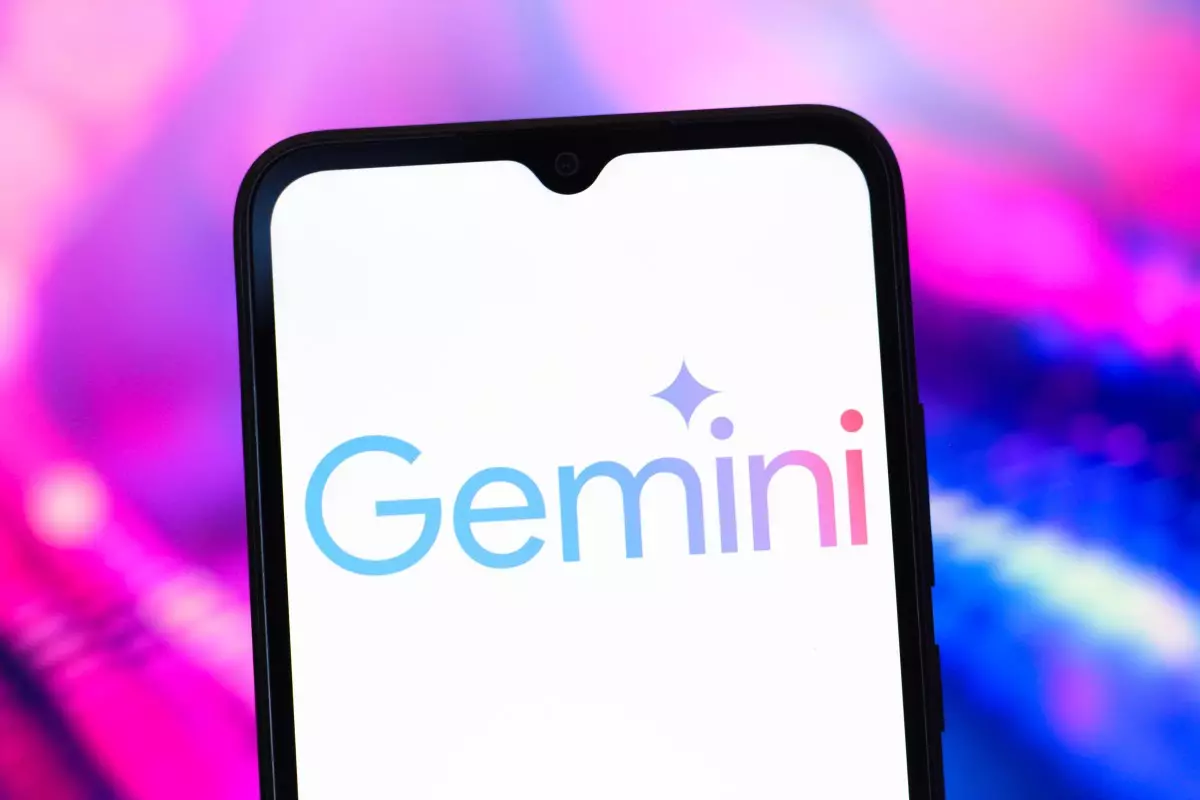In a world dominated by artificial intelligence, Google is making a momentous shift by phasing out its long-standing Google Assistant in favor of its cutting-edge AI assistant, Gemini. This decision, announced recently, reflects a pivotal moment in the evolution of smart technology. With rapid advancements in AI, the transition to Gemini signals not just a technological upgrade, but a broader ambition to redefine user engagement with digital platforms. It is a bold step in the quest for a more intuitive and capable interactive experience.
What to Expect from Gemini
The timeline for this transformation is set for later this year, as Google plans to gradually migrate users from Google Assistant to Gemini over the next few months. The anticipated upgrades aren’t limited to smartphones—it marks an overhaul of interconnected devices, including tablets, vehicles, and wearables like headphones and smartwatches. By integrating Gemini into these platforms, Google is centralizing its AI capabilities, offering a seamless experience across multiple devices. However, the looming absence of Google Assistant raises questions about user satisfaction and adaptability to a new interface.
Enhanced Features for a Competitive Edge
As Google prepares for this transition, it has been proactive in enhancing Gemini’s functionality. Users can look forward to new features that have been highlighted in the preliminary announcements. From playing music on command to setting timers and facilitating direct actions from the lock screen, these enhancements aim to address user needs and preferences before the official switchover. By prioritizing these improvements, Google is attempting to reduce the potential friction associated with transitioning away from a well-established tool.
The Implications of Phasing Out Google Assistant
While the transition to Gemini comes with promising advancements, it also beckons scrutiny. Google Assistant has been a staple for millions, and the abrupt phase-out raises concerns about user experience continuity. The challenge lies in convincing loyal Google Assistant users that Gemini can match or exceed their expectations. The success of this transition will heavily depend on how well Google communicates the benefits of the new system and supports users through the change.
Strategic Marketing and Future Prospects
With Gemini being introduced as the default virtual assistant on the newly launched Pixel 9 smartphone line, Google is clearly banking on its marketing strength to drive adoption. Nesting a flagship product within this strategic upgrade showcases Google’s commitment to innovation. However, the effectiveness of this strategy will ultimately hinge on user feedback and the performance of Gemini post-launch.
The enhancement of AI capabilities in Gemini is undeniably exciting, but does it justify the sacrifice of an established assistant? As the tech giant continues to unveil more details in the upcoming months, the spotlight will be firmly on how effectively it navigates user satisfaction and loyalty during this transformative phase. Ultimately, the goal isn’t just to replace an assistant but to forge a stronger connection between technology and human interaction, a challenge that lies at the core of Gemini’s mission.

